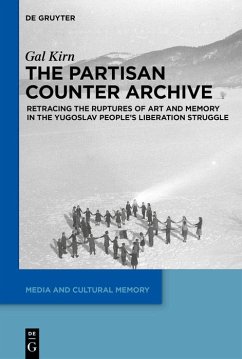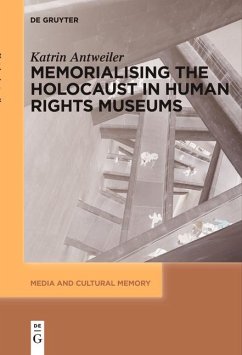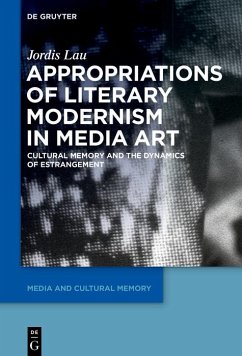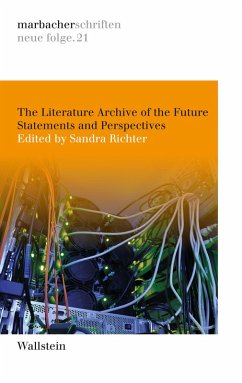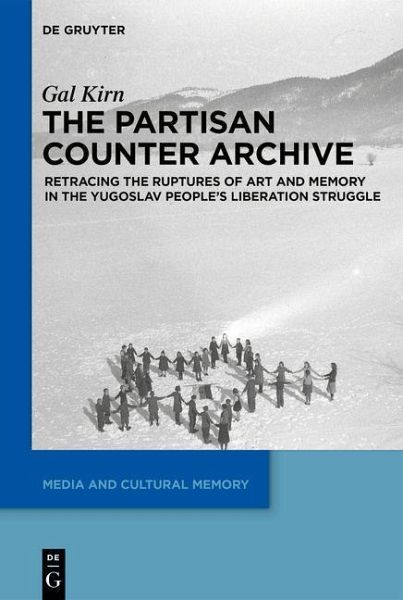
The Partisan Counter-Archive (eBook, PDF)
Retracing the Ruptures of Art and Memory in the Yugoslav People's Liberation Struggle
Versandkostenfrei!
Sofort per Download lieferbar
24,95 €
inkl. MwSt.
Weitere Ausgaben:

PAYBACK Punkte
12 °P sammeln!
Mere decades after the dissolution of Yugoslavia, the promise of European democracy seems to be out of joint. What has become of the once-shared memory of victory over fascism? Historical revisionism and nationalist propaganda in the post-Yugoslav context have tried to eradicate the legacy of partisan and socialist struggles, while Yugonostalgia commodifies the partisan/socialist past. It is against these dominant `archives¿ that this book launches the partisan counter-archive, highlighting the symbolic power of artistic works that echo and envision partisan legacy and rupture. It comprises a...
Mere decades after the dissolution of Yugoslavia, the promise of European democracy seems to be out of joint. What has become of the once-shared memory of victory over fascism? Historical revisionism and nationalist propaganda in the post-Yugoslav context have tried to eradicate the legacy of partisan and socialist struggles, while Yugonostalgia commodifies the partisan/socialist past. It is against these dominant `archives¿ that this book launches the partisan counter-archive, highlighting the symbolic power of artistic works that echo and envision partisan legacy and rupture. It comprises a body of works that emerged either during the people's liberation struggle or in later socialist periods, tracing a counter-archival surplus and revolutionary remainder that invents alternative protocols of remembrance and commemoration. The book covers rich (counter-)archival material ¿ from partisan poems, graphic works and photography, to monuments and films ¿ and ends by describing the recent revisionist un-doing of the partisan past. It contributes to the Yugoslav politico-aesthetical ¿history of the oppressed¿ as an alternative journey to the partisan past that retrieves revolutionary resources from the past for the present.
Dieser Download kann aus rechtlichen Gründen nur mit Rechnungsadresse in A, B, BG, CY, CZ, D, DK, EW, E, FIN, F, GR, HR, H, IRL, I, LT, L, LR, M, NL, PL, P, R, S, SLO, SK ausgeliefert werden.




